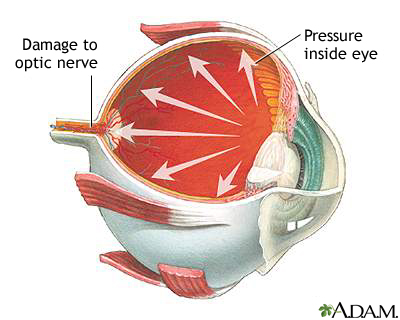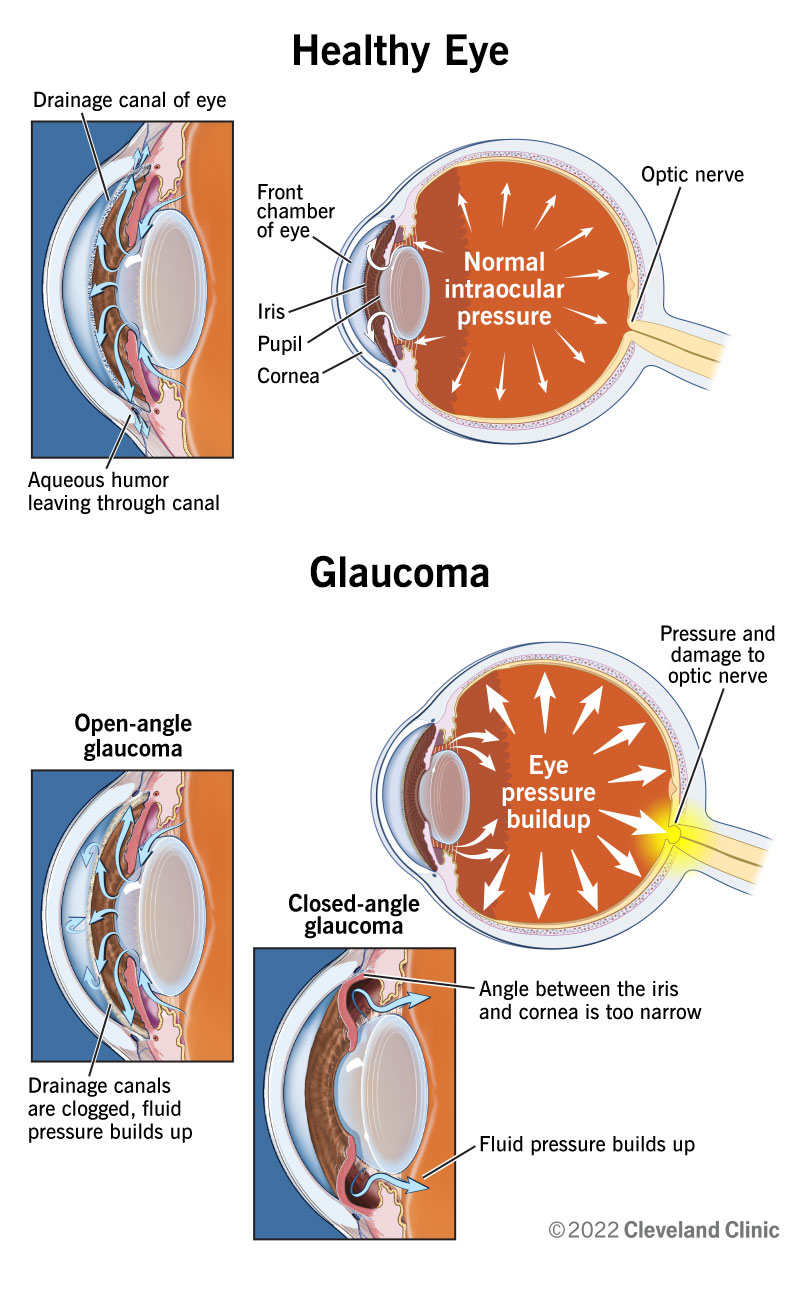Quality Retina Service Near Me: Specialized Look After Retinal Conditions
Quality Retina Service Near Me: Specialized Look After Retinal Conditions
Blog Article
Understanding the Different Vision Adjustment Procedures Available for Clearer Sight
In the world of vision adjustment procedures, a wide range of options exist to deal with refractive errors and offer individuals with clearer sight. From the widely identified LASIK surgical treatment to much less invasive procedures like PRK and implantable lenses, the field of ophthalmology supplies a series of methods tailored to match various needs and preferences. Each treatment features its own collection of considerations, benefits, and potential risks. Recognizing the nuances of these vision adjustment techniques is important for making informed choices about one's visual wellness. Allow's explore the intricacies of these procedures and dropped light on the path to achieving enhanced vision quality.
LASIK Surgical Treatment
LASIK surgery is a typical refractive treatment used to remedy vision troubles such as farsightedness, astigmatism, and nearsightedness. This surgical strategy, which stands for Laser-Assisted in Situ Keratomileusis, intends to improve the cornea to boost just how light is focused on the retina, eventually boosting vision clearness.
Among the main advantages of LASIK surgical treatment is the fast improvement in vision experienced by patients. Many people notice a considerable improvement in their sight right away after the treatment. Additionally, the majority of individuals report minimal discomfort and pain during the surgical procedure and recovery period. The recovery time for LASIK is reasonably quick, with lots of individuals returning to their daily tasks within a day or 2 post-operation. In general, LASIK surgical procedure is a popular choice for people seeking a long-term solution for their vision troubles.
PRK Procedure
While additionally a common refractive treatment, the PRK (Photorefractive Keratectomy) method differs from LASIK surgical procedure in its technique to correcting vision issues. In PRK, as opposed to creating a flap on the cornea, the outer layer of the cornea, called the epithelium, is completely gotten rid of. This permits the laser to improve the cornea to correct refractive mistakes such as astigmatism, farsightedness, and nearsightedness straight externally.

In spite of the longer recovery time, PRK can generate outstanding cause vision improvement, making it an important alternative for those that might not appropriate candidates for LASIK surgical treatment.
Implantable Lenses
In comparison to PRK where the cornea is reshaped straight, implantable lenses use an additional approach for remedying vision by placing fabricated lenses inside the eye. This procedure is particularly beneficial for people with high degrees of farsightedness, astigmatism, or nearsightedness that might not appropriate prospects for laser surgical procedures like LASIK or PRK.
Implantable lenses, additionally known as phakic intraocular lenses, job by supplementing the eye's all-natural lens with a fabricated one. glaucoma service near me. These lenses can be positioned in front of the natural lens (anterior chamber) or behind the iris and in front of the natural lens (posterior chamber) By adjusting the power and positioning of these lenses, eye doctors can properly remedy refractive errors and boost visual skill
One advantage of implantable lenses is that they are removable and exchangeable, offering flexibility for future modifications. Nevertheless, similar to any procedure, there are risks involved, such as infection or cataract development. his comment is here Patients taking into consideration implantable lenses must seek advice from an eye treatment professional to identify one of the most ideal option based upon their private needs and eye wellness.
Corneal Rings
Corneal rings, additionally recognized as intracorneal ring sections, are tiny, clear tools inserted right into the cornea to deal with vision distortions such as keratoconus. Keratoconus is a condition where the cornea thins and protrudes outward, causing vision to become altered. The insertion of corneal rings aids to flatten the cornea, boosting visual acuity and minimizing the uneven astigmatism brought on by keratoconus.
The treatment for placing corneal rings is minimally intrusive and relatively fast, typically carried out as an outpatient treatment. During the surgery, the ophthalmologist makes a tiny incision in the cornea and inserts the rings at a particular depth. When in position, the rings assist to improve the cornea, giving a smoother surface area for light to get in the eye, which can result in hop over to these guys clearer vision.
Corneal rings are considered a reversible procedure, as they can be gotten rid of or changed if necessary. refractive surgeries in al. While they might not completely get rid of the requirement for glasses or contact lenses, corneal rings can significantly boost vision high quality and overall aesthetic comfort for individuals with keratoconus or various other corneal abnormalities
Refractive Lens Exchange
Complying with the modification of corneal abnormalities with procedures like corneal rings, an additional vision adjustment method that can deal with refractive mistakes is Refractive Lens Exchange (RLE) RLE is a surgery that involves replacing the eye's all-natural lens with a fabricated intraocular lens (IOL) to fix refractive errors such as nearsightedness, farsightedness, and presbyopia. This treatment is specifically beneficial for people who may not be appropriate candidates for procedures like LASIK or PRK as a result of variables such as thin corneas or high refractive errors.

Conclusion
Finally, there are various vision adjustment treatments readily available to help individuals attain clearer view. LASIK surgical procedure, PRK procedure, implantable lenses, corneal rings, and refractive lens exchange are all options that can resolve various vision concerns. It is essential for individuals to consult with their eye care supplier to establish one of the most ideal treatment based upon their particular demands and preferences. With innovations in technology, attaining enhanced vision is currently much more obtainable than in the past.
In the realm of vision correction treatments, a plethora of alternatives exist to deal with refractive mistakes and provide individuals with more clear sight.LASIK surgical treatment is a common refractive treatment used to fix vision troubles such as nearsightedness, astigmatism, and farsightedness.While additionally a common refractive procedure, the PRK (Photorefractive Keratectomy) technique varies from LASIK surgery in its method to fixing vision problems.Following the adjustment of corneal abnormalities with treatments like corneal rings, one more vision modification strategy that can resolve refractive mistakes is Refractive Lens Exchange (RLE) LASIK surgical procedure, PRK procedure, implantable lenses, corneal rings, and refractive lens exchange are all alternatives that can address various vision issues.
Report this page